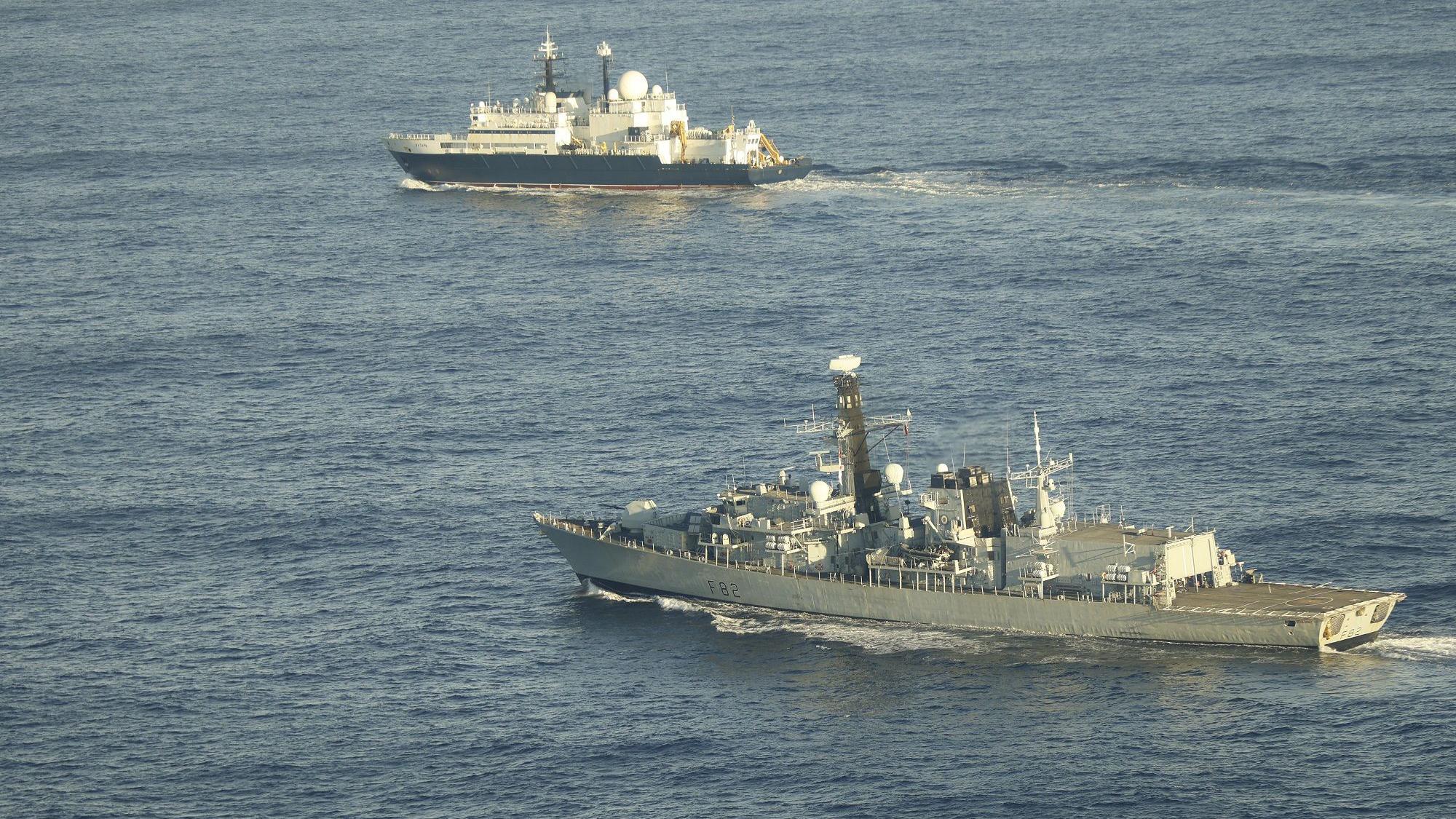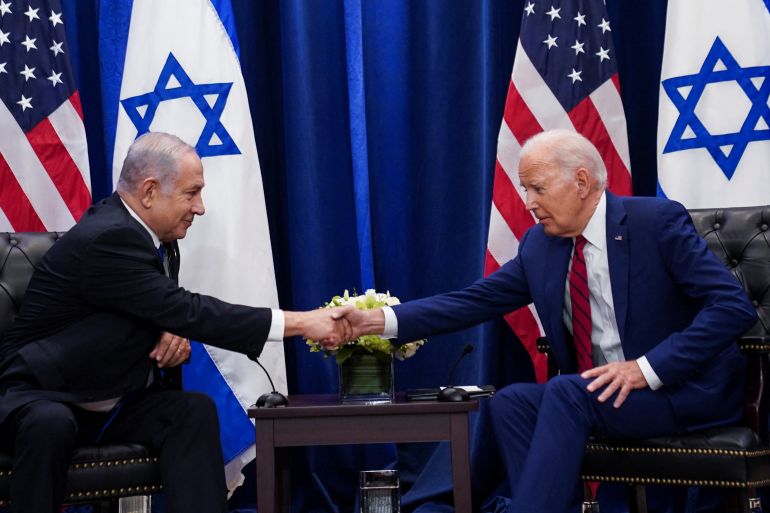Introduction
War is an ever-present reality in global affairs, and the United States, with its significant military and diplomatic presence, often finds itself at the heart of international conflicts. In today’s digital age, staying updated on USA war news is more critical than ever. But why should we care about these developments? What do they mean for us on a personal level? Let’s dive into the latest updates, historical context, and future implications of US involvement in global conflicts.
Current Landscape of US Involvement
In recent years, the arizonaupdate.com has been deeply involved in several key conflicts across the globe. Whether it’s providing military aid, engaging in diplomatic efforts, or directly participating in combat, understanding these roles is crucial for grasping the full picture of international relations.
Importance of Staying Informed
Why is it so vital to stay informed about USA war news? For one, it affects global stability, economic conditions, and even our own national security. Keeping up with the latest news helps us understand the broader implications of these conflicts and how they might impact our daily lives.
Recent Major Conflicts
The Conflict in Ukraine
One of the most prominent conflicts involving the US today is the ongoing war in Ukraine. This conflict, which began in 2014, has seen significant international involvement, including substantial US support.
US Support and Military Aid
The US has been a major player in supporting Ukraine through financial aid, military supplies, and strategic assistance. This support underscores America’s role in countering aggression and promoting stability in Eastern Europe.
The Middle East Tensions
The Middle East has been a hotspot for US military and diplomatic activity for decades. From Iraq to Syria, the region has seen continuous unrest and conflict.
US Strategic Interests and Alliances
In this region, the US has complex relationships with various nations. Strategic interests include securing energy resources, combating terrorism, and maintaining regional stability through alliances with countries like Saudi Arabia and Israel.
Historical Context
To understand the current landscape, it’s essential to look at the historical context of US involvement in wars.
Key Wars and US Involvement
Throughout history, the US has been involved in several significant wars that have shaped its foreign policy and global standing.
World War I and II
World Wars I and II marked pivotal moments for the US, transitioning it from a relatively isolated nation to a leading global power. These wars shaped US military strategy, international relations, and domestic policies.
The Cold War Era
The Cold War era saw the US deeply engaged in a global struggle against communism. This period was characterized by proxy wars, nuclear arms races, and significant military and economic investments abroad.
Lessons Learned
Each of these conflicts has provided lessons that continue to influence US military and foreign policy today. From the importance of alliances to the complexities of counterinsurgency, historical experiences shape current strategies.
Impact on Domestic Politics
The US involvement in wars also has significant repercussions for domestic politics.
War and Policy Making
War impacts policy making in various ways, from defense budgets to international trade agreements. How the US engages in conflicts can influence domestic legislative priorities and national security strategies.
Public Opinion and Media Influence
Public opinion often sways policy decisions, and media coverage plays a crucial role in shaping this opinion. The portrayal of conflicts in the media can influence how the public perceives these wars and the actions of their government.
The Role of the Media
Media coverage of wars is essential for providing information to the public, but it also comes with challenges.
Reporting Standards and Ethics
Journalists face the challenge of reporting accurately while dealing with sensitive and often dangerous situations. Adhering to high reporting standards is crucial for maintaining credibility and public trust.
Fake News and Misinformation
The rise of misinformation and fake news has complicated the media landscape. It’s important to critically evaluate sources and seek out reliable information to avoid being misled.
Major News Outlets and Their Coverage
Different news outlets provide varying perspectives on the same events. Understanding these perspectives can provide a more comprehensive view of the conflict.
Future Prospects
What does the future hold for US involvement in global conflicts?
Emerging Conflicts and US Interests
As global dynamics shift, new conflicts may arise. The US will need to navigate these carefully, balancing its interests with international stability.
Potential Areas of Concern
Regions such as the South China Sea and the Arctic are becoming increasingly important. Future conflicts in these areas could impact US foreign policy and military strategy.
Shifts in Global Power Dynamics
Global power dynamics are continually evolving. The rise of new powers and changing alliances will influence how the US engages in international conflicts and maintains its position on the global stage.
Conclusion
Staying updated on USA war news is not just about following headlines; it’s about understanding the broader implications of these conflicts on global and domestic levels. From historical contexts to current developments, being informed helps us grasp the complexities of international relations and the role of the US in shaping global events. As we look to the future, ongoing vigilance and critical thinking will be key in navigating the ever-changing landscape of global conflicts.




